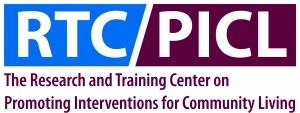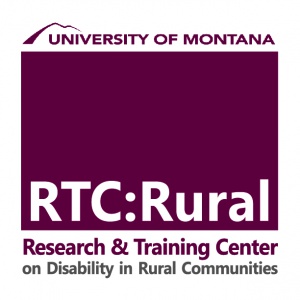What is home usability?
Life starts at home. It is where we prepare ourselves for our daily lives. The usability of a our homes can either support or hinder our ability to live, work and play in the communities we live.
A home that fits one’s preferences, needs, and abilities is a usable home. However, most homes are not designed with the needs and abilities of people with disabilities in mind. This creates homes which may not always be usable for everyone.
A usability issue is a barrier or obstacle that impacts an individual’s ability to enjoy and use the spaces within his or her home. Usability goes beyond just function. An individual may be able to access and “use” the kitchen cabinets by climbing up on the counter, however this method may put the person at risk for injury and would therefore be a potential usability problem
These are just examples, its important to recognize that everyone’s situation is unique. The tools and resources available on this website will help you identify what might work best for you in your home.
About Us
This website is part of the Research and Training Center on Promoting Interventions for Community Living (PICL). PICL is a collaborative effort between the University of Kansas and the University of Montana.
RTC:IL at the University of Kansas
The Research and Training Center on Independent Living is made up of a team committed to research that can be used to enhance Independent Living (IL) for people with disabilities.
Our mission is to further Independent Living for people with disabilities by collaborating with consumers on productive research and by using innovative methods to disseminate useful knowledge.
Our team is based at The University of Kansas in the Life Span Institute. We partner with researchers at other universities and professionals at a variety of other disability organizations
RTC:RURAL at the University of Montana
Housed within the Rural Institute for Inclusive Communities the Research and Training Center on Disability in Rural Communities (RTC: RURAL) is an organization that has been conducting research at the University of Montana for the last 30 years.
RTC: RURAL is funded by the National Institute on Disability, Independent Living and Rehabilitation Research (NIDILRR) to improve the ability of people with disabilities to engage in rural community living.
We achieve our goals by conducting research, offering training and technical assistant to service providers, working to reduce barriers to community participation, and by presenting rural issues to disability groups. The staff at the RTC: RURAL hope that their work will help improve the lives of individuals living with disabilities in rural areas.
Please feel free to contact us for more information.
Email: Lillie.greiman@umontana.edu
The contents of this website were developed under a grant from the National Institute on Disability, Independent Living, and Rehabilitation Research (NIDILRR grant number 90RT5043). NIDILRR is a Center within the Administration for Community Living (ACL), Department of Health and Human Services (HHS). The contents of this (insert type of publication; e.g., book, report, film) do not necessarily represent the policy of NIDILRR, ACL, HHS, and you should not assume endorsement by the Federal Government.



